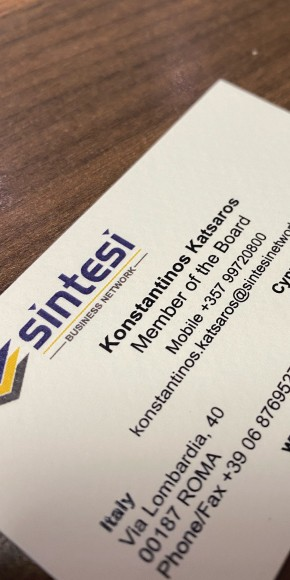Amendment of the Wages Protection Law
With the amendment of the Wages Protection Law (the ‘’Law’’) on the 16th December 2022, a number of important additions as well as alterations have been made.
Initially, Article 3 of the Law which dealt with the method of payment of wages, has been amended to provide for the Employer’s Obligations as well as the method of payment of wages by the employer. More specifically, it is now provided that the employer pays the employee's wages;
(a) to a bank account or payment account of the employee's choice; or
(b) by bank cheque in the name of the employee:
Payment of the salary to the payment accounts of the employee's choice may be made by any means, including payment by electronic means or through service providers, as defined in accordance with the provisions of the Payment Services Law.
There are exceptions in which the employer can pay the salary in cash, including inter alia the inability of the opening of the relevant bank account etc.
Secondly, the amendment of the Article 10 of the Law which deals with Wage Deductions, provides that any deductions shall be agreed between the employer and the employee.
Furthermore, the Amended Law now includes a table stipulating the minimum data to be included in the weekly or monthly statement for payment which the employer transmits to the employee in paper form or in electronic form and for which he keeps proof of transmission or receipt by the employee.
Another obligation is introduced for the employer as well, in relation to the issuance of a payroll statement (payslip), which shall be given to the employee on paper or electronically within five (5) working days from the date of payment of the salary.
In regards to the above, a new obligation is now introduced, which refers to the obligation of the keeping of records of the aforesaid information, for a period of six (6) years and present the records to an Inspector or other official.
Finally, it is further stipulated that where a criminal offence is committed in contravention of the present Law, there is a provision for the conviction of the directors and other officers of the company (or the self-employed person as the case may be) for such offences.
Our firm will be able to assist and provide with further information and clarifications for the above recent developments. Feel free to contact our firm A. & E. C. Emilianides, C. Katsaros & Associates LLC via email at ekcorporate@ekllc.eu or via telephone at 22676752.














































